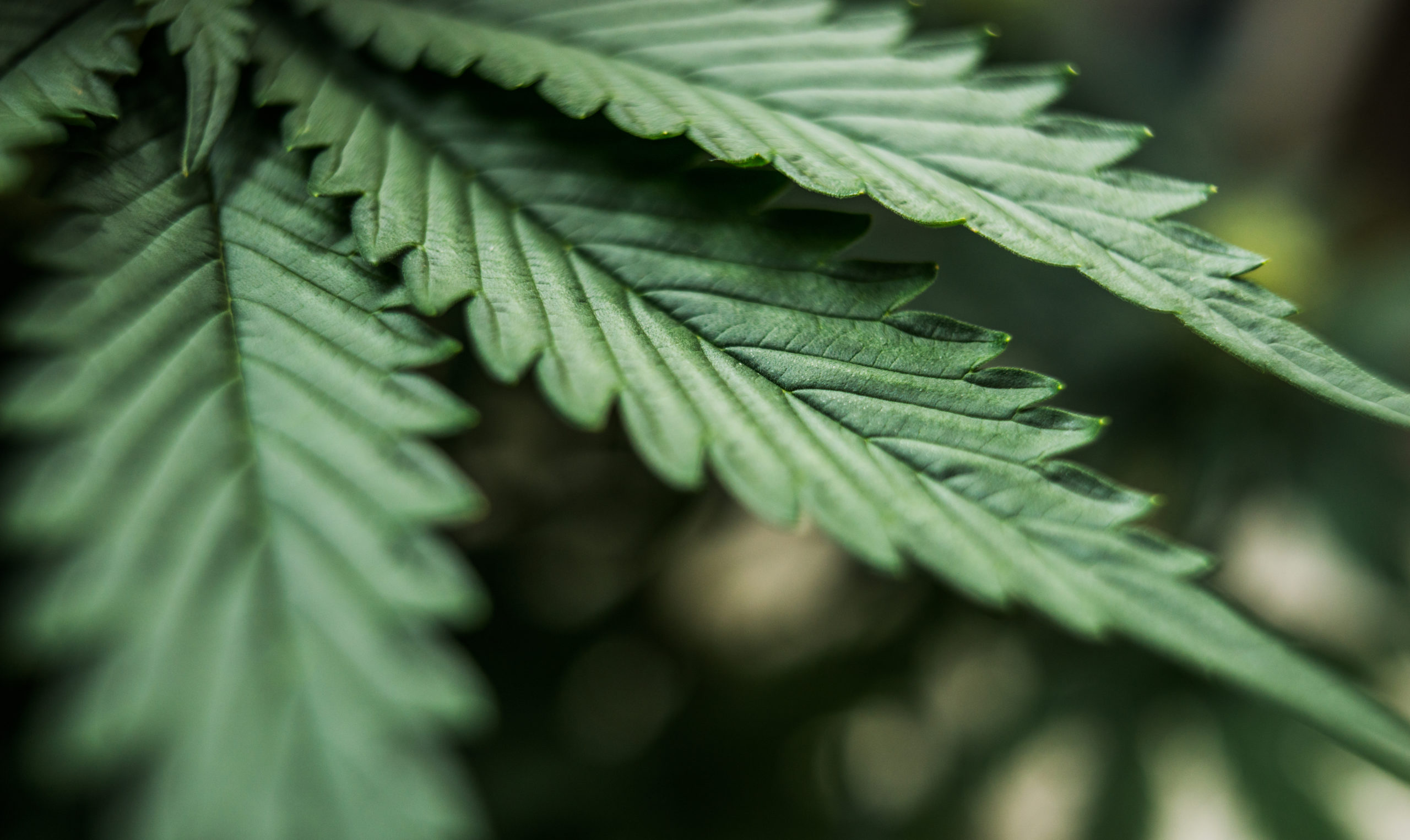Connect with us
Published
2 years agoon
By
Tyler Shultz
Beginning January 1, 2023, Vermont’s hemp program will be run under federal rules set by the United States Department of Agriculture, (USDA) meaning growers will need licenses from the USDA’s Domestic Hemp Production program.
The shift in plans comes after the state of Vermont’s initial hemp industry oversight plan was approved in December 2021. Agricultural authorities notified farmers in the state of the Vermont Agency of Agriculture, Food and Markets’ decision. In November 2021, Idaho submitted a similar plan to the USDA with the Idaho State Hemp Plan, which was also approved by the USDA.
Regulatory oversight for hemp testing and hemp-infused products will remain with the state under the purview of the Vermont Cannabis Control Board after being transferred from the Vermont Agency of Agriculture, Food and Markets as a result of legislation passed at the end of May. The same law also gives the CCB authority to regulate synthetic and hemp-derived cannabinoids, such as delta-8 and delta-10 THC, which the agency said it intends to ban pending research. The CCB will also set limits for contaminants in cannabis, hemp, and infused products.
Hemp has been legal to grow in Vermont since 2009, before the passing of the 2014 U.S. Farm Bill that allowed states to set up their own hemp pilot programs. The 2018 U.S. Farm Bill legalized hemp nationally and allowed states the opportunity to develop their own hemp programs or operate directly under the USDA. Vermont developed such a plan until having second thoughts and deciding to defer to the USDA.
“The VAAFM will work with USDA to ensure a smooth transition for its growers including
participating in a joint webinar, updating the Agency website to refer potential registrants to the USDA grower licensing system and conducting direct outreach to potential 2023 registrants,” said Anson B. Tebbetts, Secretary Vermont Agency of Agriculture, Food and Markets, in a letter to the USDA. “VAAFM appreciated the opportunity to operate a state hemp production program. It will continue to provide business support to producers and processors as it is able, and hopes the hemp grain, fiber and cannabinoid markets in the state continue to grow.”
Vermont legalized recreational cannabis in October 2020 and is set to begin sales of adult-use cannabis in October of this year. The state recently approved seven more applicants for recreational cannabis licenses as the state gears up for the legalization date. All seven applicants were social equity or economic empowerment applicants, with the Cannabis Control Board being required to consider social equity or economic empowerment applicants first. The state board will then focus on granting licenses to applicants who plan to grow outdoors this summer. To date, 208 applications for licenses have been submitted, according to the Cannabis Control Board.
To help ensure all cannabis businesses are licensed and meet all standards for operation, Vermont hired Cary Giguere, director of public health and agricultural resource management for the Vermont Agency of Agriculture, Food & Markets to be the Cannabis Control Board’s director of compliance. Giguere has worked for the state for nearly 30 years and has worked on a number of agricultural issues, such as pesticide usage and water quality. He also helped set up the state’s hemp program and served on the CCB’s advisory committee.
In an effort to collect data to better understand the operations behind hemp production, the USDA mailed out its first-ever survey to all of the nation’s hemp producers. The “Hemp Acreage and Production Survey” was sent to 20,500 hemp producers and was required to be answered by all producers, according to the USDA Agricultural Research Service’s Domestic Hemp Program. According to the report, Vermont farmers planted 1,100 acres of hemp, and harvested 1,080 acres in 2021.


Study Reveals State Cannabis Legalization Lowers Immigrant Deportation


DEA Challenges Bid To Use Psilocybin Under ‘Right To Try’ Legislation


Vegans Rejoice as Farmers Switch from Chickens to Hemp


Louisiana Legislative Committee Unanimously Passes Adult-Use Cannabis Framework Bill


Louisiana House Bill to Regulate Hemp Products Advances Along With Senate Bill to Ban


Cresco Labs Workers Reportedly De-Unionize
